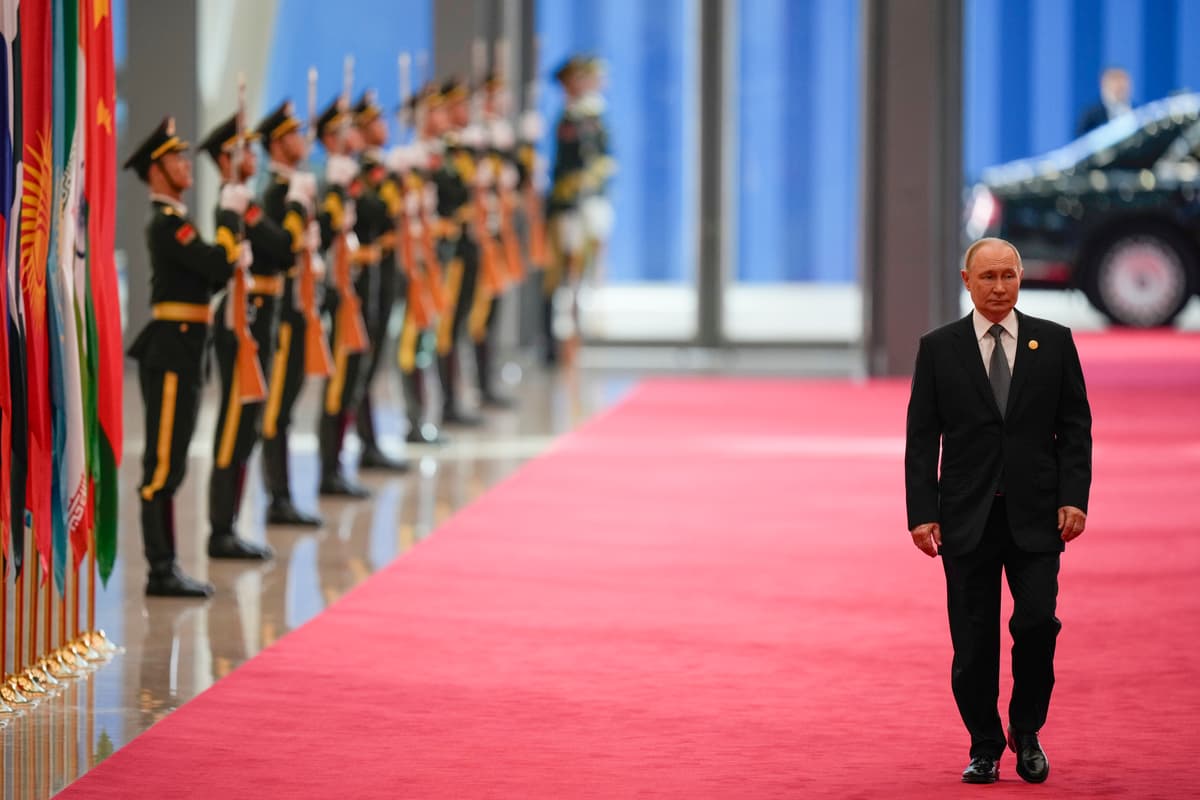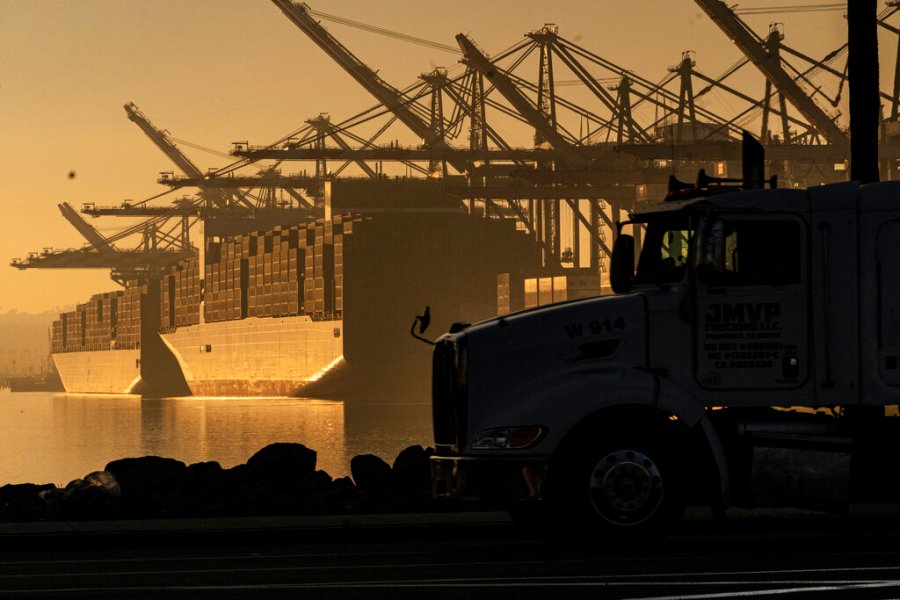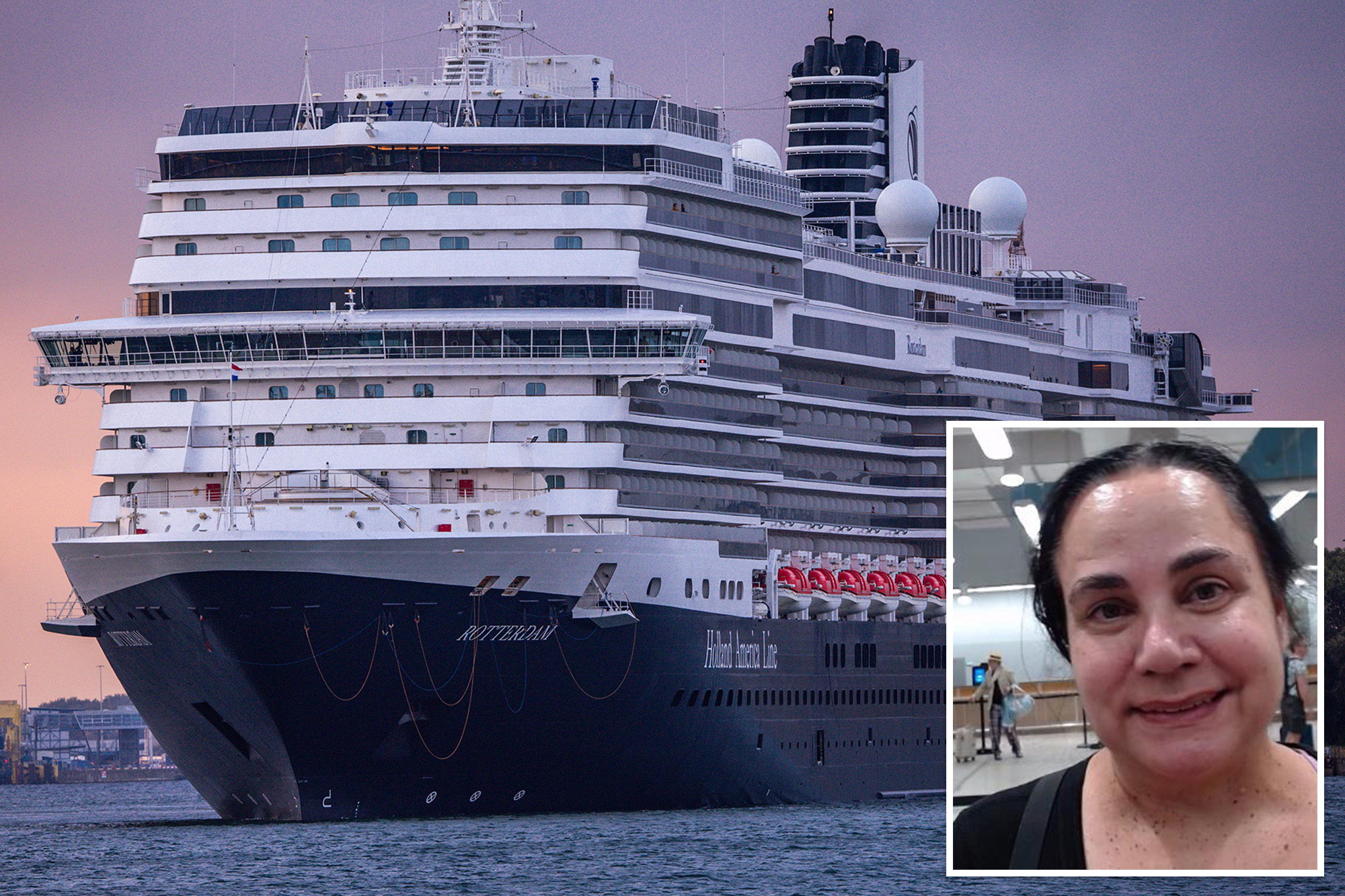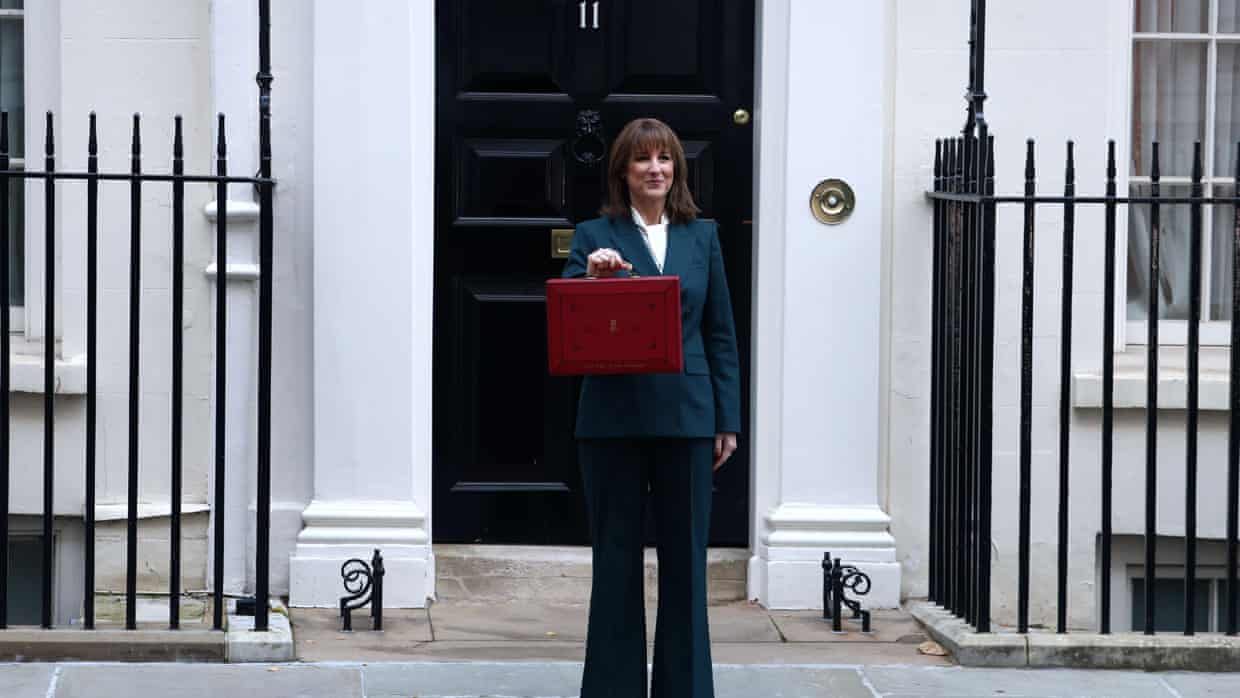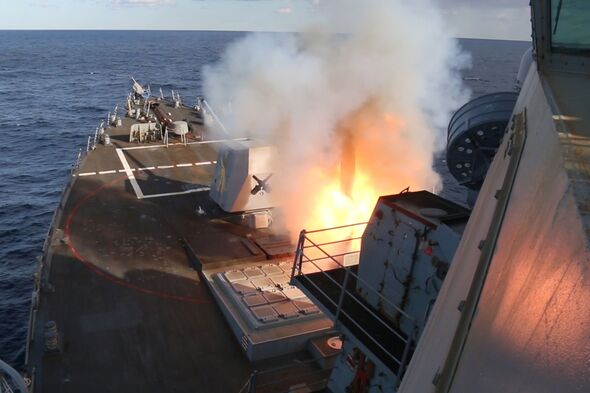Public dissent against Russian President Vladimir Putin is gaining momentum as the Kremlin faces increasing internal and external pressures. Following a recent incident in St. Petersburg, Russia, where a teenage band was arrested for performing a song criticizing the president, it has become evident that the political climate is shifting. The band, led by 18-year-old Diana Loginova, known as Naoko, faced immediate jail time for their performance, which included the lyrics, “When the tsar dies, we’ll dance again.” This event symbolizes a growing wave of resistance among younger generations.
The backdrop to this dissent is a notable decline in Putin’s grip on power, particularly as he turned 73 on October 7, 2023. A week after his birthday, the Russian Federal Security Service opened a criminal case against 22 prominent exiles, accusing them of plotting to seize control. This group, led by businessman Mikhail Khodorkovsky, has gained recognition as part of the Anti-War Committee, a coalition opposing the ongoing conflict in Ukraine. Khodorkovsky asserts that the Kremlin is keen to undermine the legitimacy of this group as a potential democratic force in a post-Putin era.
In response to the perceived threats, the U.S. Treasury Department has imposed sanctions on Russia’s largest oil companies, indicating a strategic move to pressure Putin into negotiations regarding the conflict in Ukraine. Treasury Secretary Janet Yellen remarked, “The Russian economy is a wartime economy… everything we do is going to bring Putin to the table.” With inflation reportedly exceeding 20%, the economic strain is palpable, intensifying the urgency for a ceasefire.
Despite a significant increase in propaganda spending slated for next year, Putin’s administration is tightening control over media and expression. Following the invasion of Ukraine in 2022, the Kremlin banned major social media platforms and has escalated efforts to move citizens to state-controlled messaging services. Currently, the government has blocked over 417,000 websites and penalizes the use of VPNs, which allow internet users to bypass restrictions.
The human rights group OVD.Info estimates that there are approximately 1,700 political prisoners in Russia today, a number exceeding those documented during the Soviet Union in the mid-1980s. This crackdown on dissent is underscored by the opening of 60 new politically motivated criminal cases each month against Russians. While many citizens remain shielded from the realities of the war through state censorship, the economic ramifications are evident across the nation.
As the conflict drags on, reports indicate that Russia’s military advances in Ukraine have been minimal, with less than one percent of Ukrainian territory conquered this year. The Economist estimates that, at the current rate, it would take Russia a century to achieve its territorial ambitions. With staggering losses—approximately 343,820 Russian soldiers killed and wounded—this year is projected to be the bloodiest since the invasion began.
To mitigate the impact on major urban centers like Moscow and St. Petersburg, Putin has focused recruitment efforts on marginalized communities and regions distant from power. Data shows that the population of Moscow, which constitutes 9% of Russia, represents just 1% of known war casualties. Polling by the Levada Center revealed that half of Moscow’s residents do not personally know anyone involved in the conflict.
The economic climate mirrors the discontent, with nearly zero growth forecasted for the year and a prime interest rate at 16.5%. As companies shutter their doors, the financial landscape deteriorates, leaving many Russians disillusioned. Unlike during the Soviet era, the current middle class reminisces about opportunities lost and the stark contrast between their situation and the prosperity seen in Eastern European countries that joined the European Union post-communism.
The contrast is striking; while Eastern European nations have seen their economies expand significantly, Russia’s growth remains stagnant. Michael Tory, an American financier, notes that since the collapse of communism in 1990, the economies of Russia, Ukraine, Moldova, and Georgia have only quadrupled, while countries like Poland have seen their GDP multiply nearly 14-fold.
As the situation unfolds, President Volodymyr Zelensky of Ukraine articulated the essence of Putin’s fears, stating, “Putin fears only his own society.” The sentiment reflects a growing realization that the Russian leader’s strength may be diminishing in the face of a more vocal and discontented populace.

